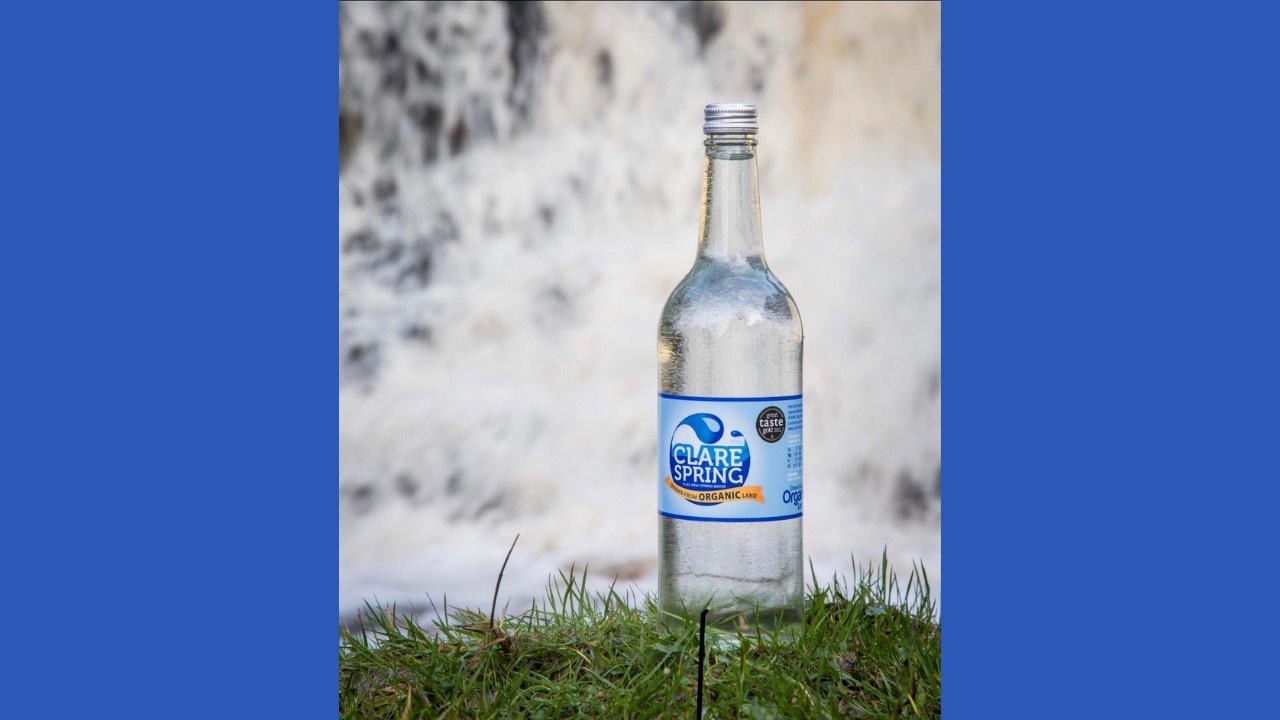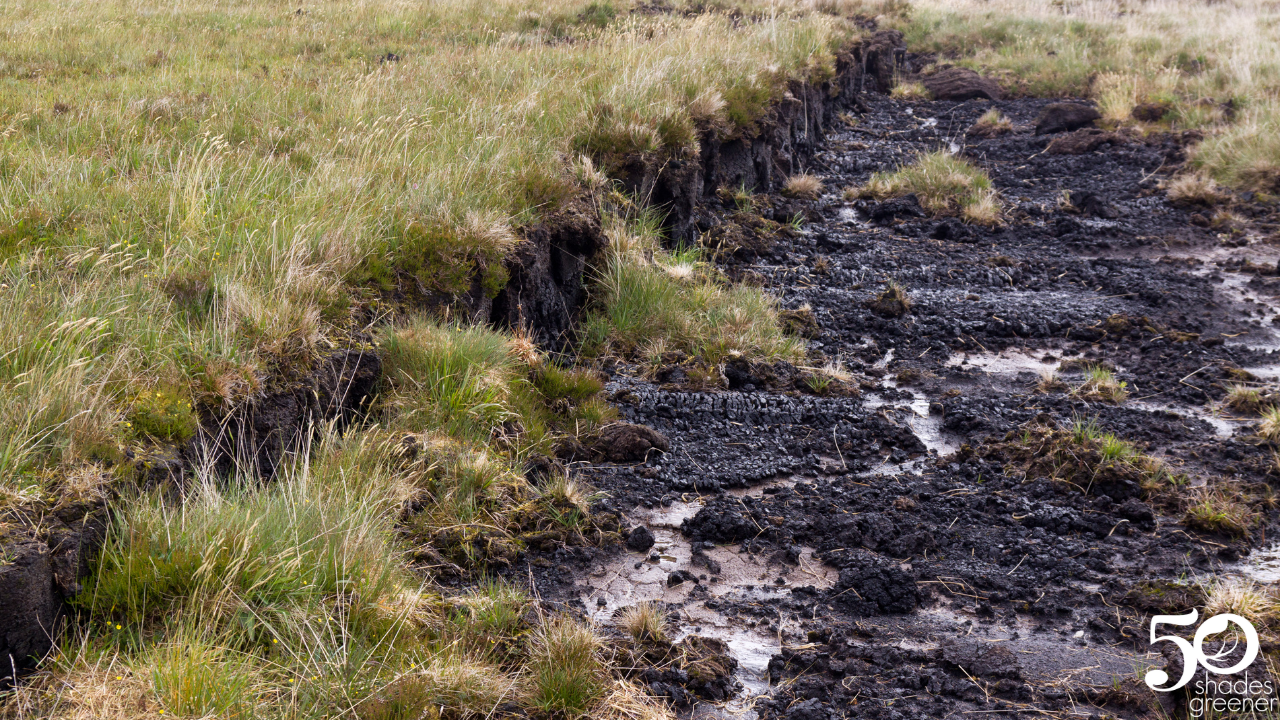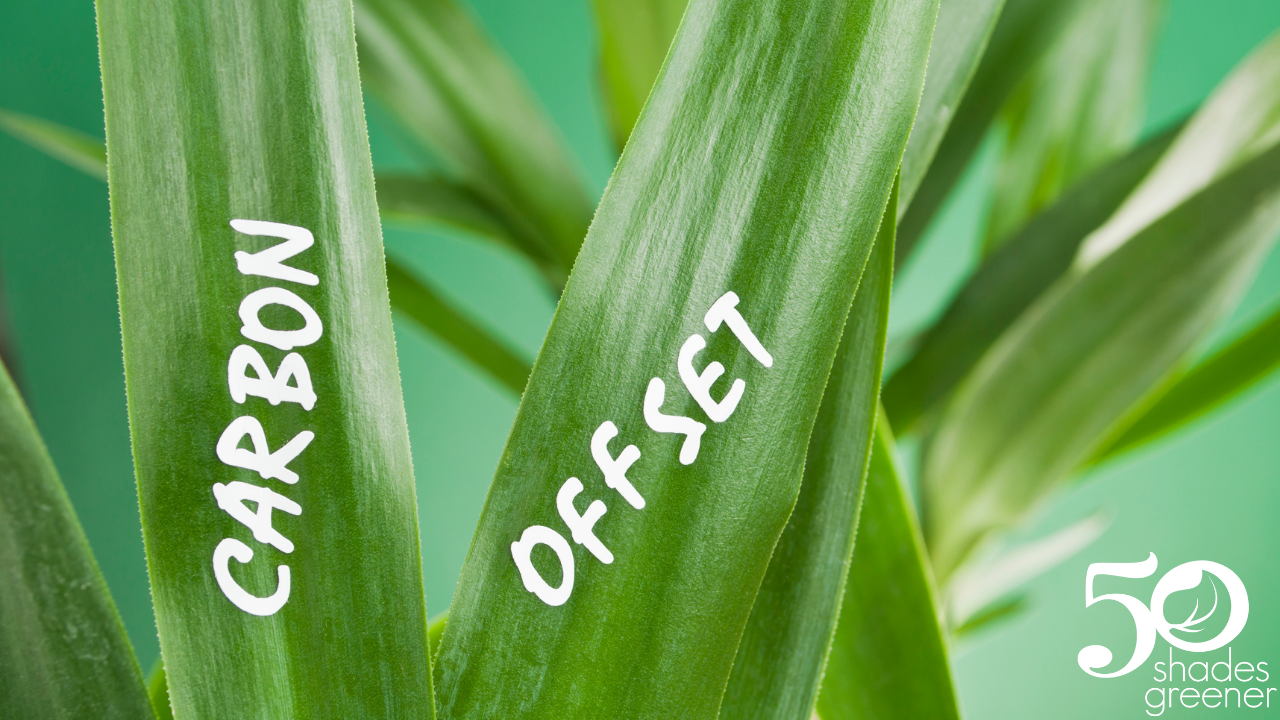For the year of 2024, the team here at Fifty Shades Greener have decided to focus our energy and efforts into spotlighting small, community driven sustainability projects from anywhere in the world that are operating on a grass roots level.
The world of sustainability itself can often be perceived ...
Creating any new culture in an organisation can feel daunting, particularly for industries recovering from the impact of the pandemic.
The Four Leadership Types
Professor Christina Edger from Birmingham City Business School highlighted 4 types of leadership from the Covid crisis:
- Deniers: angry ...
We are delighted to present the fourth volume in our "Year of Hope" 2024 blog series.
Our fourth Story of Hope is shining a spotlight on Understory - an environmental education and zero-waste organisation founded by Alex Konieczka.
"Understory was founded to provide you with a solution to one of ...
The world of sustainability itself can often be perceived as a minefield. From the enormity of the climate crisis, CSRD regulations and measuring carbon emissions, the efforts being made on the field by individuals or groups can often get overshadowed.
However, we always say at FSG, that small acti...
What can be more tempting than a sustainable solution that benefits your business in three ways - socially, economically and environmentally?
You can triple win in your business by doing the following:
- Reducing your use of resources and CO2 footprint.
- Reducing operating costs and empowering m...
The other week the Fifty Shades Greener team visited Clare Spring who are committed to move away from plastic bottles completely by the end of 2022. Clare Spring is an environmentally friendly, family run company located deep in the rolling hills of Co. Clare. With process lines 100% automated and d...
Ireland has much work to do in 2022 to implement solutions to curb the colossal CO2 emissions from our Island’s overuse of resources. In my quest to research other solutions that weren’t tree planting, I landed on the bog!
A day cutting turf is an age-old tradition in Ireland and has cultural imp...
This past year has been as unparalleled as 2020, with many hoping for better things to come in 2022...
What has been crystal clear, is that society is demanding more. More from our governments, more from businesses and more from ourselves.
2030, 2050- these 'net zero' targets and others are only a...
The world of sustainability itself can often be perceived as a minefield. From the enormity of the climate crisis, CSRD regulations and measuring carbon emissions, the efforts being made on the field by individuals or groups can often get overshadowed.
However, we always say at FSG, that small acti...
I’ve often spoken about food waste and could continue to do so for the rest of my life, this is primarily down to the fact that our food supply systems are broken, and a shocking one third of all the food we produce ends up as waste before it even hits the shops.
When we talk about bridging the gap...
With the festive season fast approaching my focus has turned to a Greener Christmas. How can I make more sustainable choices in my celebrations, decorations and gift buying? I am an advocate for shopping and supporting local businesses all year round and this time of year is no different.
In rese...
Many of our hospitality clients have asked what the best carbon offsetting projects are in Ireland, particularly as these businesses strive to become carbon neutral. In a previous Opinion Piece, I have highlighted how I find carbon offsetting problematic: Carbon Offsetting - who can I trust? (fifty...












